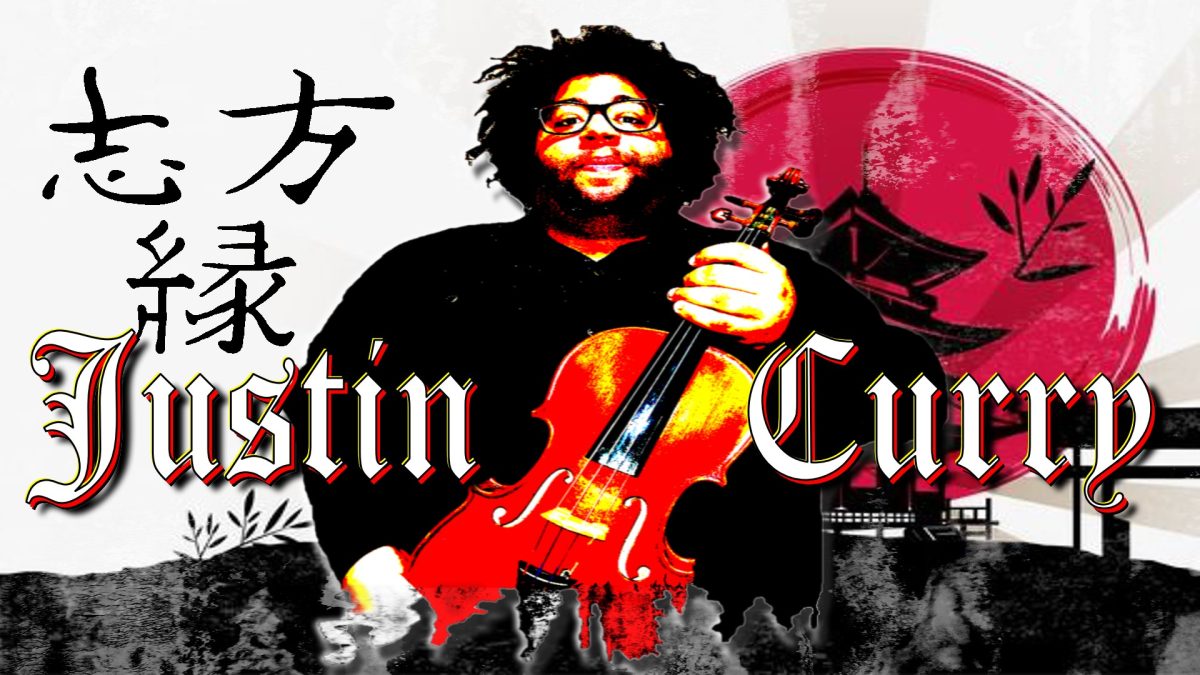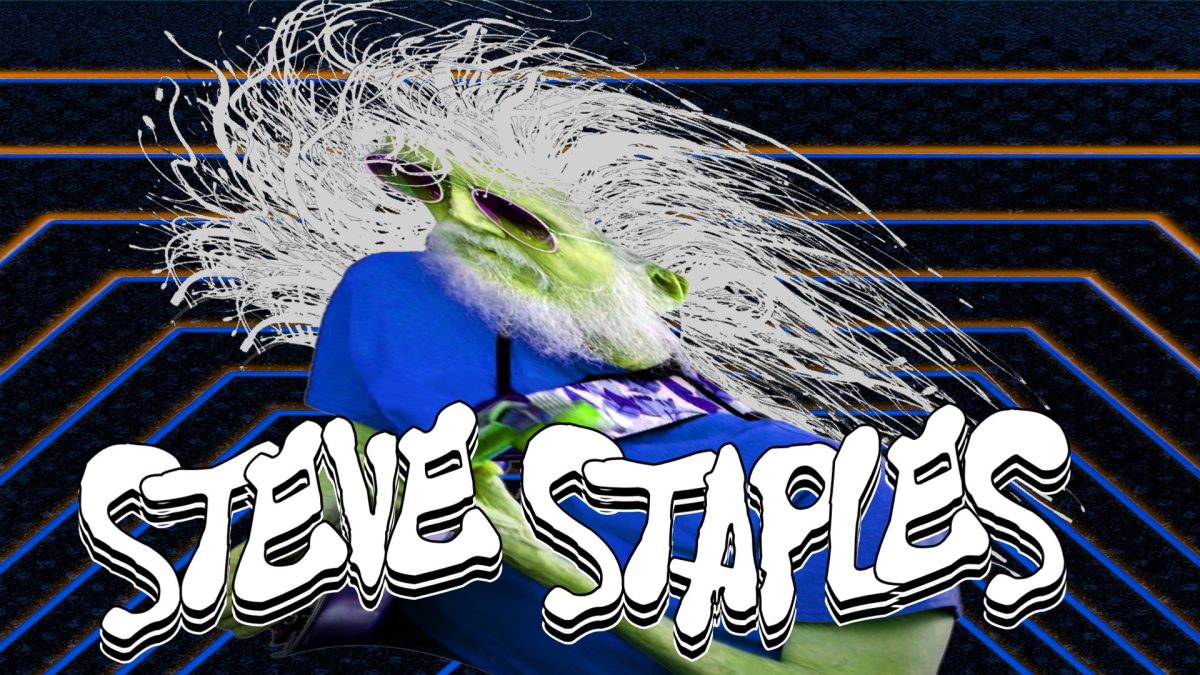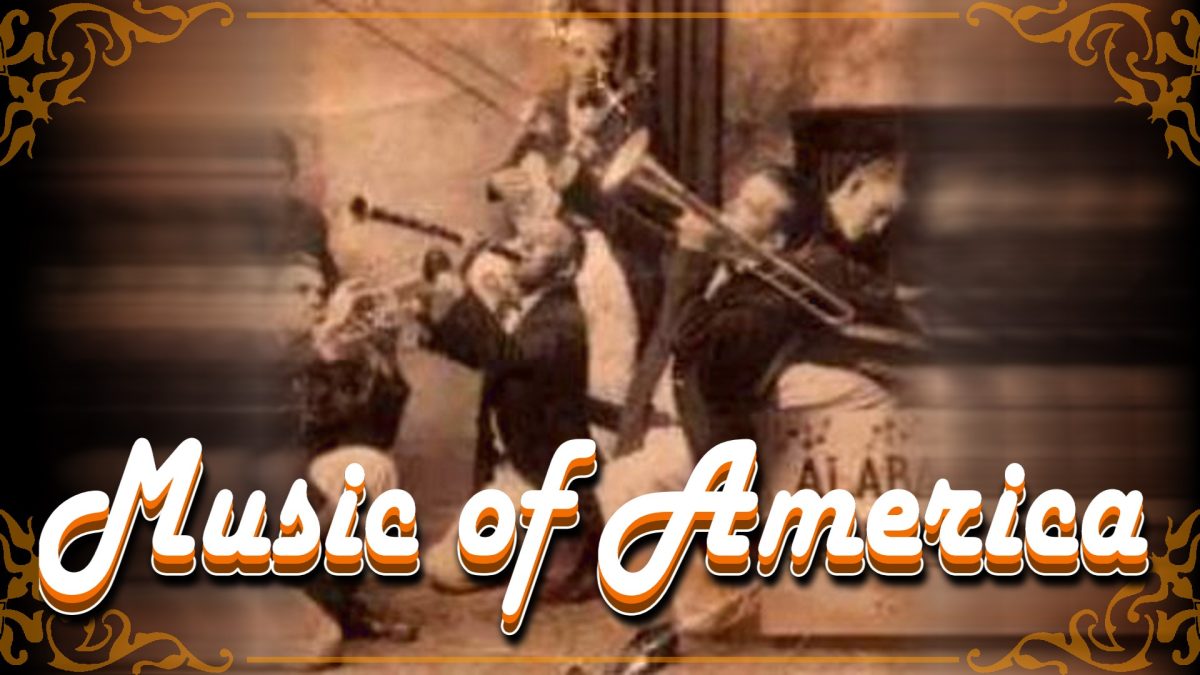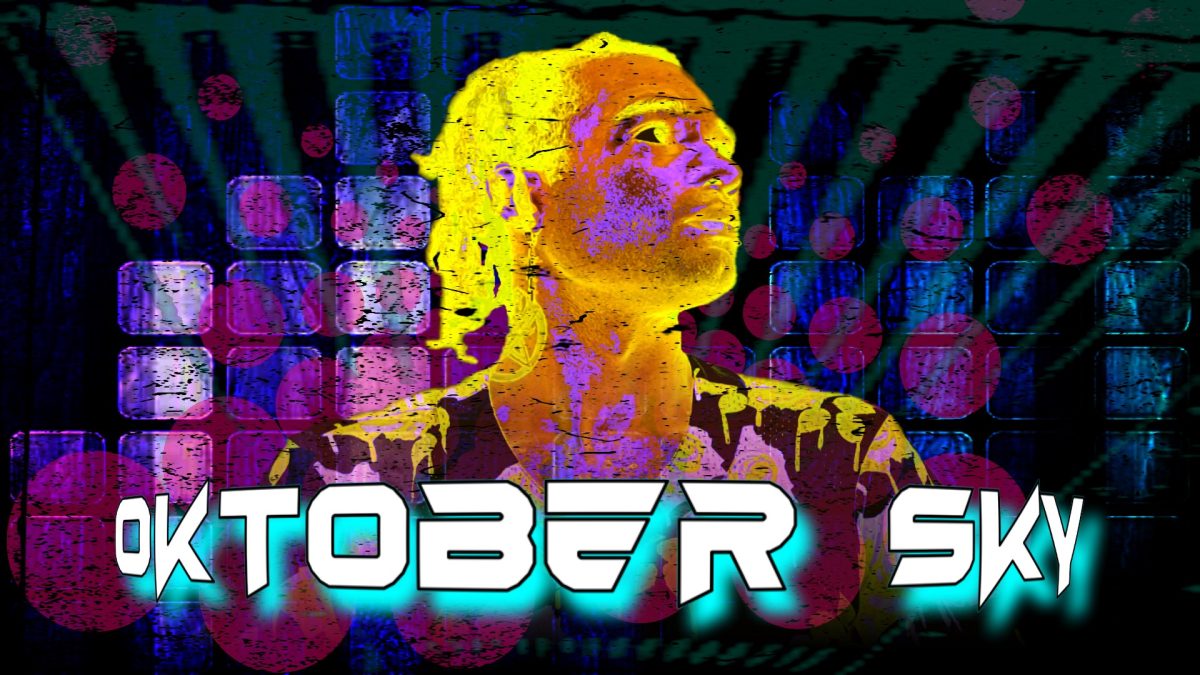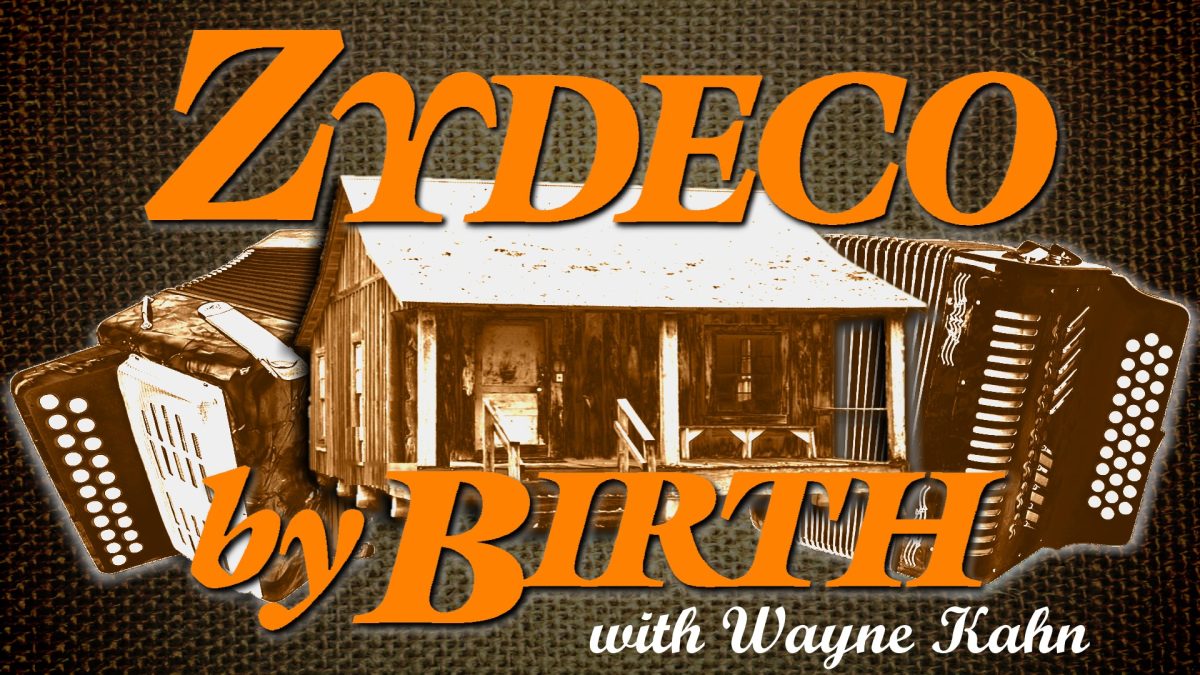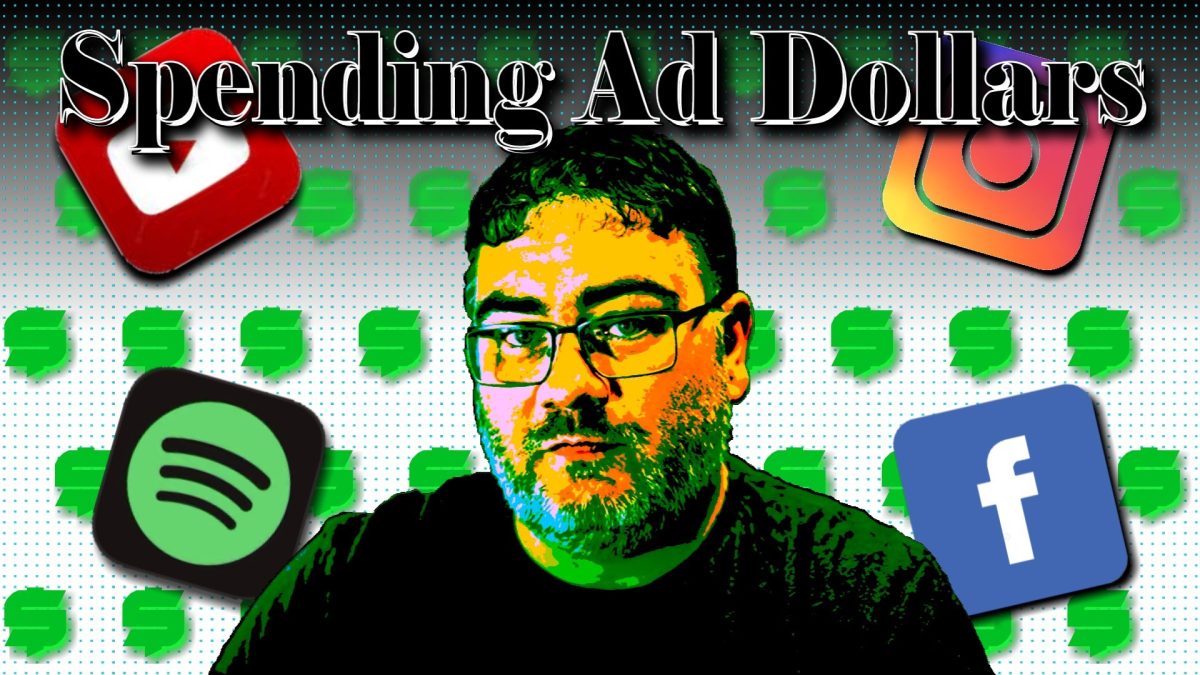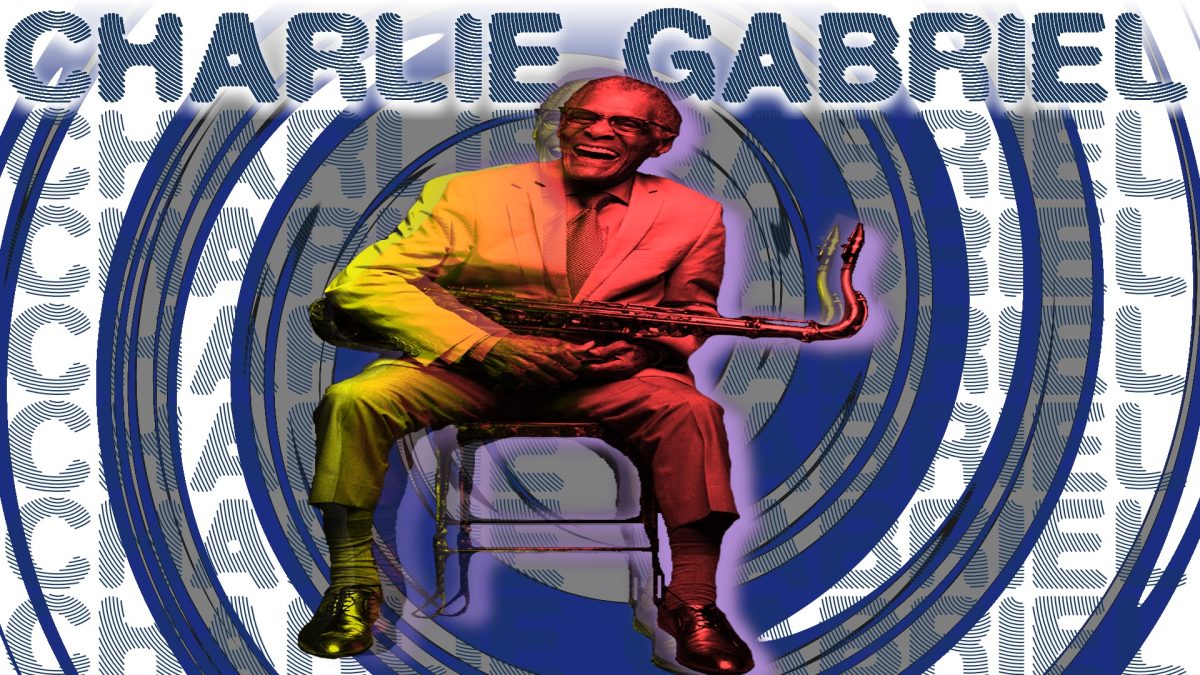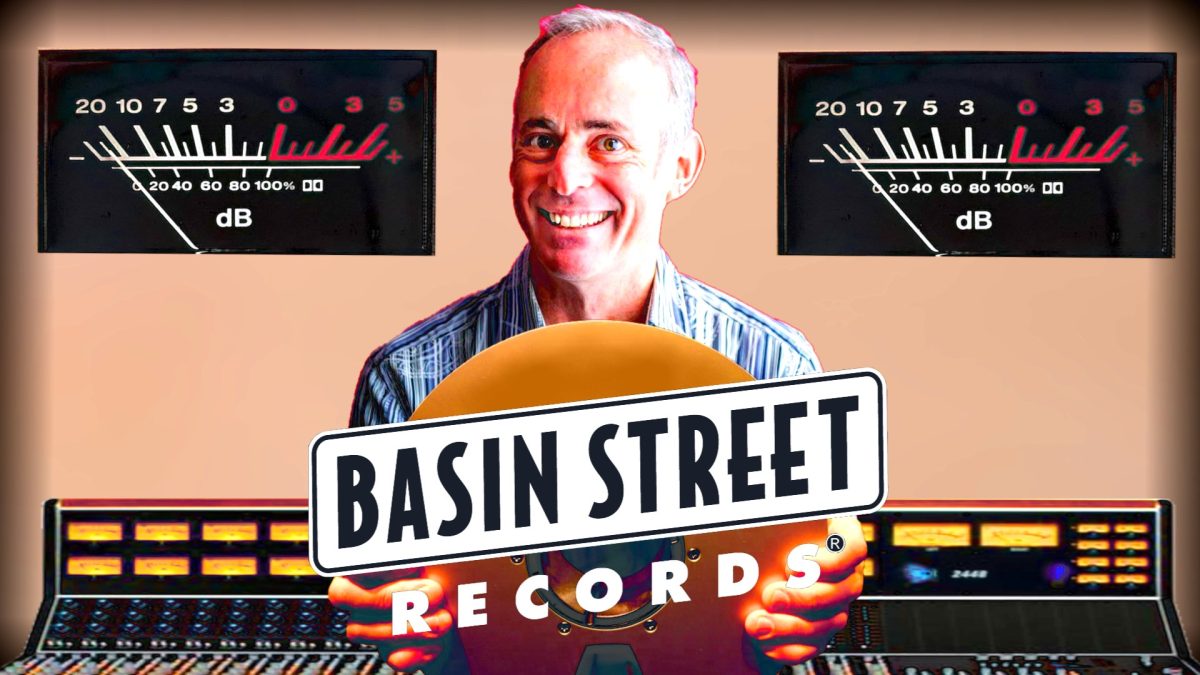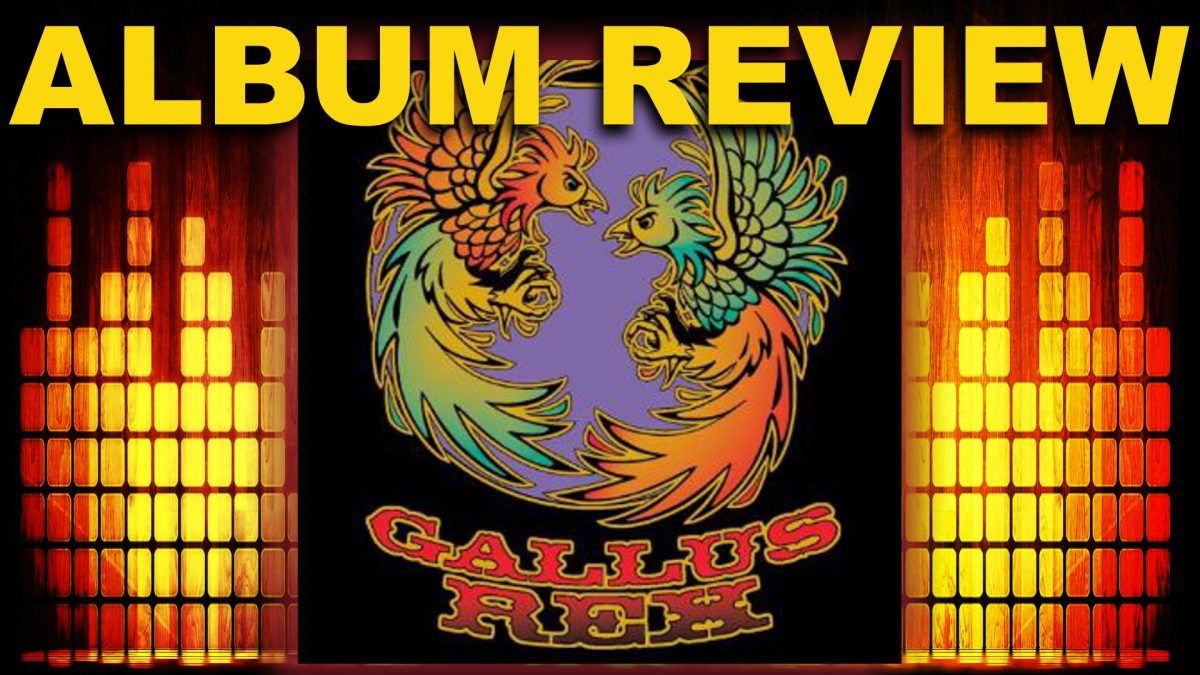Born in Madison, Ohio, Justin Curry basically kept to himself as a child. His father was a drummer based in Houston and wasn’t around much. But his mother and aunt were. And both could sing; his aunt even performing on stage. Though violin wasn’t the first instrument he picked up, it was the first one chose of his own volition. In high school, where there was no orchestral program, he played trombone and could manage basic piano and guitar. With a laugh, he recalls how the music teacher told him he would never have a career in music. To all my budding new instrumentalists out there, this story will show that you should never let another dissuade you from your dreams of becoming a musician! Having not yet found the instrument that resonated with him the most, Justin’s true talent was not yet apparent. For that teacher and all his classmates, this would not come to light until his solo violin recital in high school. I’ve always maintained that underestimation is the greatest gift anyone could ever give. And Justin took full advantage of this, surprising everyone at that recital. He received a standing ovation for that performance. He would again surprise everyone when he became student council president. He would also amaze them by graduating a year early. His pursuit of becoming a professional violinist was a fervent one. He took lessons from a private tutor and was a student of the classical music genre. He realized if he wanted to make it in music, he would have to leave his hometown. Throughout the nineties, Madison’s live music scene experienced a whitewashing of sorts. Such to where the town was overrun with generic dive bars when all was said and done. Although Ohio had music education programs available at the time, it was becoming apparent that one would be hard-pressed to make it as a local musician financially. So, while taking lessons on the violin, Justin planned his move for years, unbeknownst to anyone.
He would continue in this vein, honing his craft in private. But once he left high school, he began performing publicly in and around Cleveland. Though jobs were scarce, he did prefer to play in restaurants as opposed to bars. He found that in bars, the music was secondary to the focus of socializing and libation. Whereas in restaurants, a musician’s performance was more central to the atmosphere. At one particular restaurant, he enjoyed a residency as well as their high-end client base. He started to notice his presence bringing in more and more customers. But when he approached the owner about an increase in pay, he was unfortunately shunned. Influenced by his hometown’s whitewashing of bars as well as this disheartening experience, Justin was prompted to form his own perspective on the venue philosophy. And in his opinion, many bars and restaurants have been involved in a “race to the bottom”. Whereby the caliber of services and features are gradually reduced while the price point persistently rises. And I agree that the competitive essence of many businesses these days seems to result in a reduction in quality. With long-term vitality being sacrificed for the sake of short-term profits, returning patronage suffers. Conversely, I understand that quality over quantity is a characteristic of maturation. Where may the two converge comfortably though? Justin says that a society centered around pop culture is afraid to appreciate finer arts. And while venues following suit is a direct result, it should not be tolerated, much less rewarded.
Ever since he was a child, Justin took a peculiar interest in Japanese culture. Their ways stood as a sharp contrast to what he found himself surrounded by in Ohio. He could appreciate how both art and discipline were revered there. In Japan, it wasn’t as common to find a musician with two to three jobs because their art was more appreciated and thus would provide sufficiently. Following his dreams, he travelled there and enjoyed a successful career as a musician. His first stint was for four and a half years. It was from that time, when he returned to the states, that he found himself in New Orleans. Many of his guiding principles still held true here, like avoiding bar performances and contending with pop culture and low pay. But a big part of him was drawn to the city’s rich cultural heritage and musically significant history. And certain lagniappes like busking could help to subsidize his venue-based income. This may come as a surprise to some. But the amount of foot traffic a tourist destination supplies occasionally makes performing on the street a more viable option. And for Justin, it has proven to be of greater profit than playing in most venues. He does have his own strategies when it comes to busking. “Be respectful of where you are. Clean up when you’re done. Be good to the people around you. Because doing this is just as much a people skill thing as it is a musical thing. But on top of that, be good at making music. Because if you’re not good, you’re going to make nothing. It’s one of those things, sink or swim.” He continued by pointing out that adding to your environment is paramount. And by this he meant that getting to know the surrounding shop owners and neighbors shows them that you care, that you are a part of the community. He’s busked in places like New Orleans, Los Angeles, and New York City. And according to Justin, busking in Los Angeles can bring in twice what he sees in New Orleans. But I would attribute that to an overall higher cost of living. He contributed the fact that disposable income levels are lower here and that, unfortunately, the “city of drinking” narrative is pushed more than the “city of the arts” perspective. He maintains that New Orleans will always hold a special place in his heart. And he considers its appeal as a second home a significant one. But for now, he’s looking once again to explore his geographic options in hopes of finding himself surrounded by a healthier social ethos; one with greater emphasis on art and culture.
Justin’s third album will be coming to streaming soon by the name of “Between Worlds”. It is a live album that was recorded during his recent performance at the Marigny Opera House in New Orleans. The best way to view a complete list of all his relevant links (there are many) is on his Facebook page: https://www.facebook.com/justin.curry.777. I interviewed Justin in the foyer of The Saxon House at 536 Royal St. The location is steeped in the New Orleans cultural history for which Justin is so fond. It is a two hundred plus year old dwelling owned by New Orleanian Louis Dufilho Jr., who was America’s first licensed pharmacist. It was also owned and renovated by Lyle Saxon, a local resident and six-time author on New Orleans and Louisiana history. Whom, through multiple purchases and renovations, is credited with making the French Quarter “more art colony, less an underworld.” Justin assured me that while the abode is both warm and inviting, it is definitely haunted!
Author: David Trahan

